Laikipia
‘Good morning, sir!’ The warrior strides up to me on the high plains and shakes my hand. ‘May I traverse your farm? I thought it impolite not to ask.’ I am astonished at his excellent English accent. This is a youth in full Samburu kit: red ochre paint, a snood from which pokes a long feather, bunting and Christmas tinsel, a toga, Man U stockings and thousand-miler tyre sandals. He carries a long-shafted spear tipped with an ostrich pompom, a stabbing sword, a knobkerrie ending in a wing nut nicked from a lorry and a finbo — a long thin wand. He tells me his name is Douglas. He’s been all the way through school and has ambitions to be a police officer or a pilot. It’s a delightful conversation and as he strides off I wish him well.
Douglas is a rarity among his warrior age set, the Lopwaketi. Each age set, which spans roughly seven years, earns a name that supposedly sets the tone for their actions. Previous age sets were the Talkers, the Blunderers, the Starers and the Surprised Ones. Lopwaketi means ‘Beloved Groundbreakers’, though I have found them to be relentlessly traditional in their rustling of my cattle.
Last year they shot up my boma and stole seven cows. Our hot trod pursuit of the tracks turned cold. Later I heard that the thieves had seared out my ranch brand on the cattle hides. Maidens rubbed them with ochre and butter and sang to them. I came to learn the names of the youths who stole my cows and where my animals are, but until now the authorities have not helped me to retrieve them and redeeming them would require a thunder run into a stockade bristling with rifles.
The other day those young bloods were back, this time not to rustle but instead to graze their livestock on my pasture. Unlike Douglas, they hadn’t asked. I said they were trespassing. They just laughed. As we herded them across the farm boundary, it became evident none had attended school. They were illiterate and spoke only their vernacular, little Swahili and no English. Such warriors, magnificent for tourists to photograph, have no dreams of participating in one of the world’s fastest-growing economies.
All they can do is dream of cattle. Is it surprising they steal my cattle and grass? In colonial times the British did little to school the Samburu. Likening them to Scottish Highlanders or Pathans, they decided they should be left alone — and I imagine part of the reason was that district administrators were often poofters who didn’t want to see warriors crammed into trousers. There was a fear that schooling would interfere with tribal discipline and youths would just end up as corner boys and spivs in the city. This was a pernicious policy, which created a cluster of ‘museum tribes’ who still suffer the consequences today.
Samburu traditions were also to blame. A cattle obsession — what anthropologists call ‘udder madness’ — allowed no place for the three Rs. Today in Kenya, primary school is compulsory but, even now, many cattle herders I see are boys sent out at a very tender age alone and among lions that rend and roar. And I see young girls not studying but fetching wood and water, destined for early marriage.
My Samburu friends assure me times are changing fast and that beyond the Lopwaketi all young people will become educated. I recently took the headmaster of a famous British school to drink tea at the boma of a neighbour involved in education. When asked about corporal punishment, the headmaster said it was banned in the UK. This caused laughter. My friend then listed sundry punishments used to discipline wayward pupils that reminded me of Hilaire Belloc’s poems. No wonder kids don’t want to go to school, I thought.
But now news comes to us from across the plains that giant power transmission lines are marching south, a new oil pipeline is going west, a mega-dam will take shape in the east and the Chinese are tarmacking the dirt track heading north. Alongside this road, there are plans for a primary school and after a lot of dithering I’ve become embroiled in them.
The land is there and we are about to start making concrete blocks, roof trusses, doors and windows to be carried later to the site. I am no starry-eyed philanthropist. It’s time to put away the finbo wands and the dreams of singing wells and dancing bulls and become rocket scientists and brain surgeons. Even plumbers will do. We’re looking for a name for the project. The one I favour is Seven Cows Primary School.
Got something to add? Join the discussion and comment below.
Get 10 issues for just $10
Subscribe to The Spectator Australia today for the next 10 magazine issues, plus full online access, for just $10.


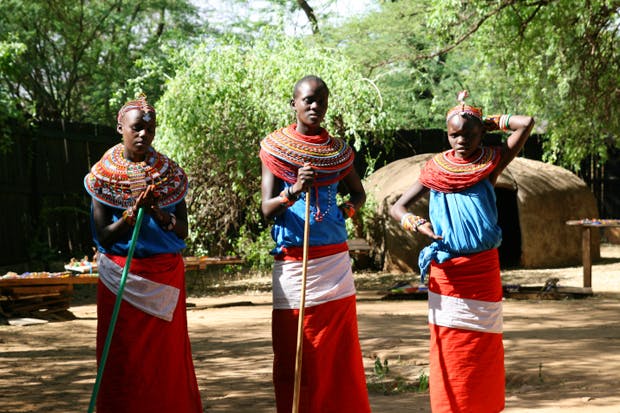
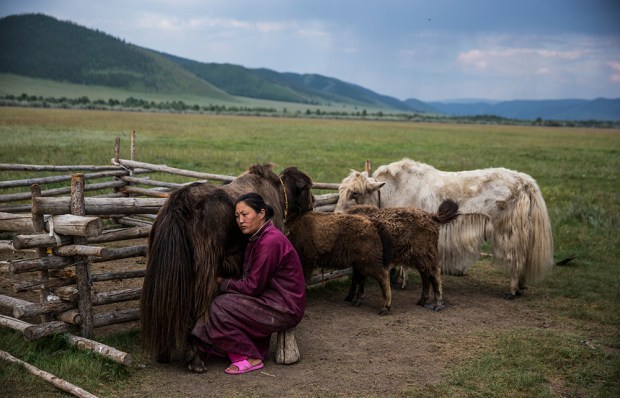
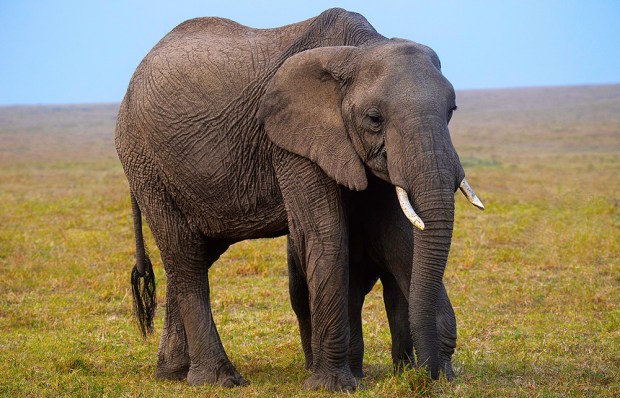
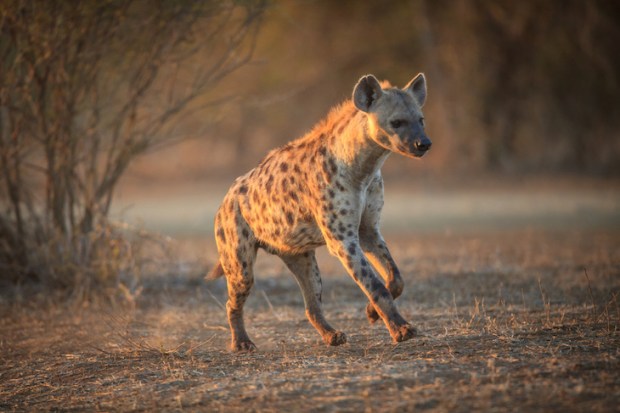
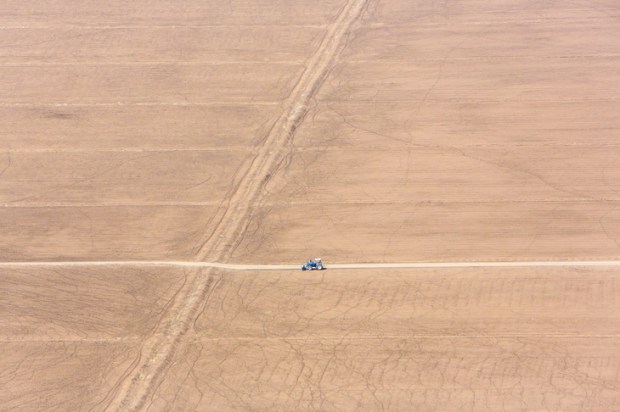

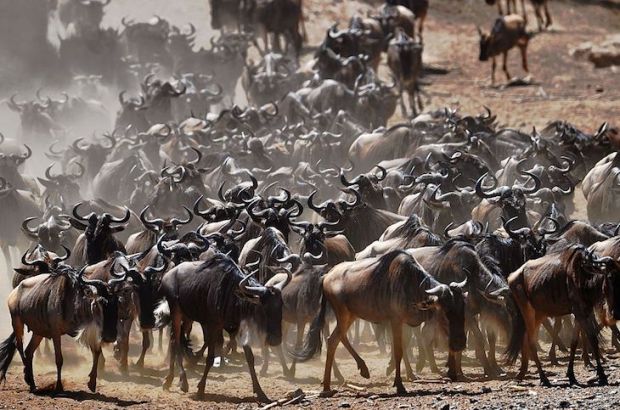






Comments
Don't miss out
Join the conversation with other Spectator Australia readers. Subscribe to leave a comment.
SUBSCRIBEAlready a subscriber? Log in